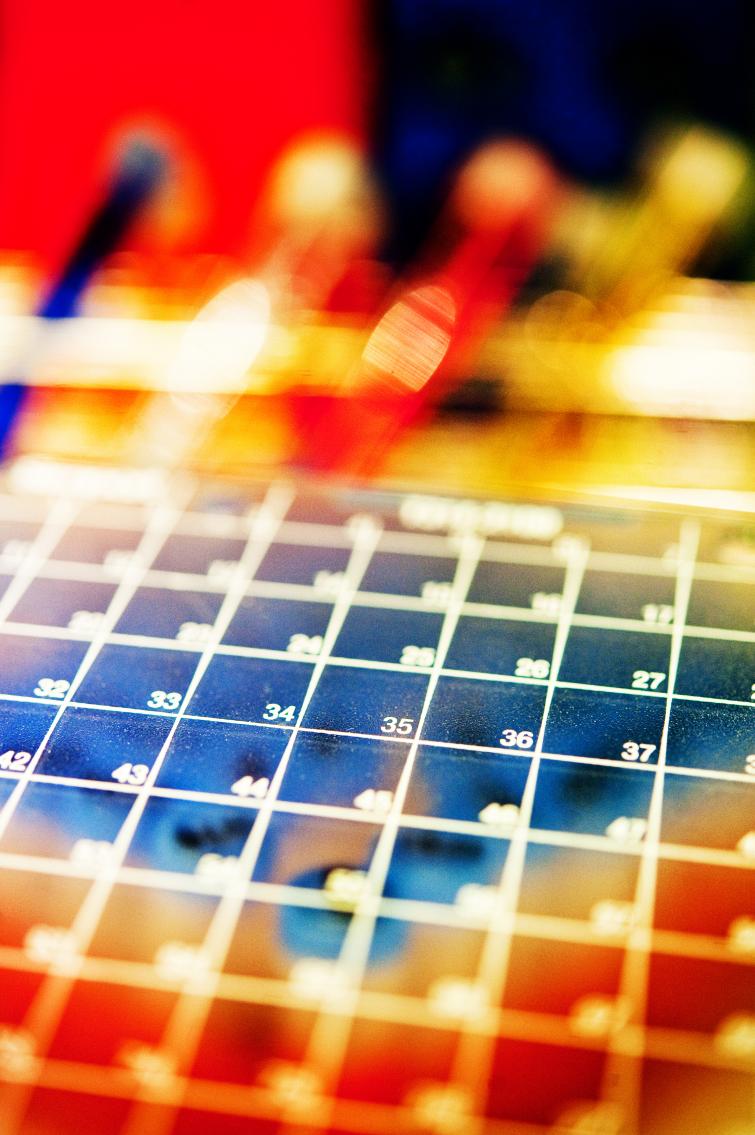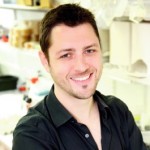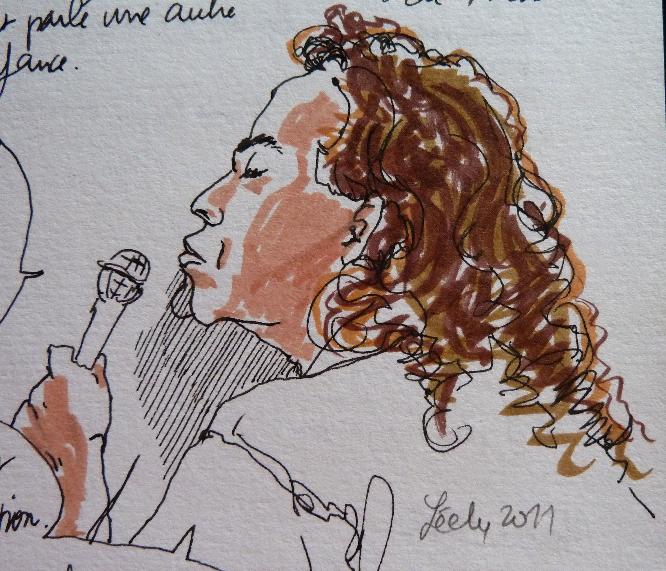
 Scientific events
Scientific events
Scientific news
- Scientific Council lecture on March 10

The next lecture organized by the Scientific Council - "Imaging and Regulation of the Cellular Events that Shape the Vertebrate Embryo" - will be held on Thursday, March 10, 2016 at 4.30pm in the Émile Duclaux lecture hall.
The speaker will be Jérôme Gros, Head of the Morphogenesis Regulation In Higher Vertebrates five-year group.
Consult the 2016 program of Scientific Council lectures
- Seminar on "Research, Science and Society: ongoing changes and debates"

On March 10, a seminar entitled "Research, Science and Society: ongoing changes and debates" will take place at the Institut Pasteur.
Articles 6, 8 and 50 of the French Higher Education and Research Act of July 2013 are specifically aimed at promoting, developing and supporting "interactions between science and society". The notion of an interaction between science and society, which gradually emerged within the European administrative area in the late 1980s, has undergone several changes. It continues to give rise to misconceptions among key players in research, while social stakeholders exhibit a certain reluctance to embrace the idea.
The seminar will take place at 6pm in room 28-01-01A on the ground floor of the François Jacob building. It will be led by Lionel Larqué, Doctor of Physics and co-founder of the World Forum on Science and Democracy in 2007 and the French platform ALLISS (for an alliance between science and society) in 2012. For the past 15 years, Lionel Larqué has been actively involved in developing closer links between social stakeholders (charities, trade unions, cooperatives, etc.) and players and institutions involved in higher education and research.
Registration is required for organizational reasons - please contact francois.bontems@pasteur.fr.
- A look back at the Brainhack conference

For those who did not have the chance to visit the Brainhack event last week, you will find a summary on our storify and discover what happen during these three days and what projects were developped.
Brainhack is a unique conference that bring together neuroscientists, clinicians and artists to work on participant-initiated projects during 3 days of intense 24h/24 interaction. Among the projects being discussed we have tutorials on brain imaging and machine learning, white matter tractography, real-time analysis of electroencephalographic data, but also an art-science exhibition, data sonification projects, crowdsourcing comparative neuroanatomy and augmented reality projects for data visualisation.
